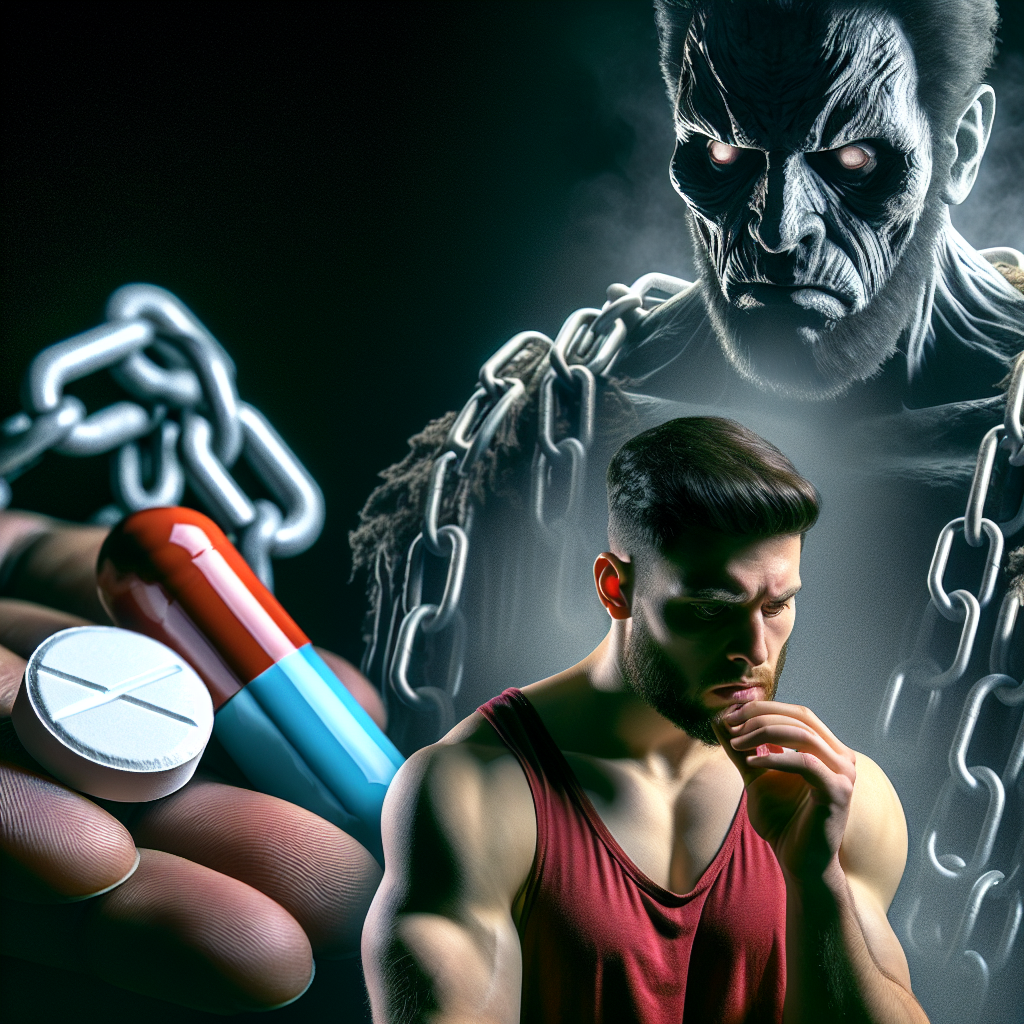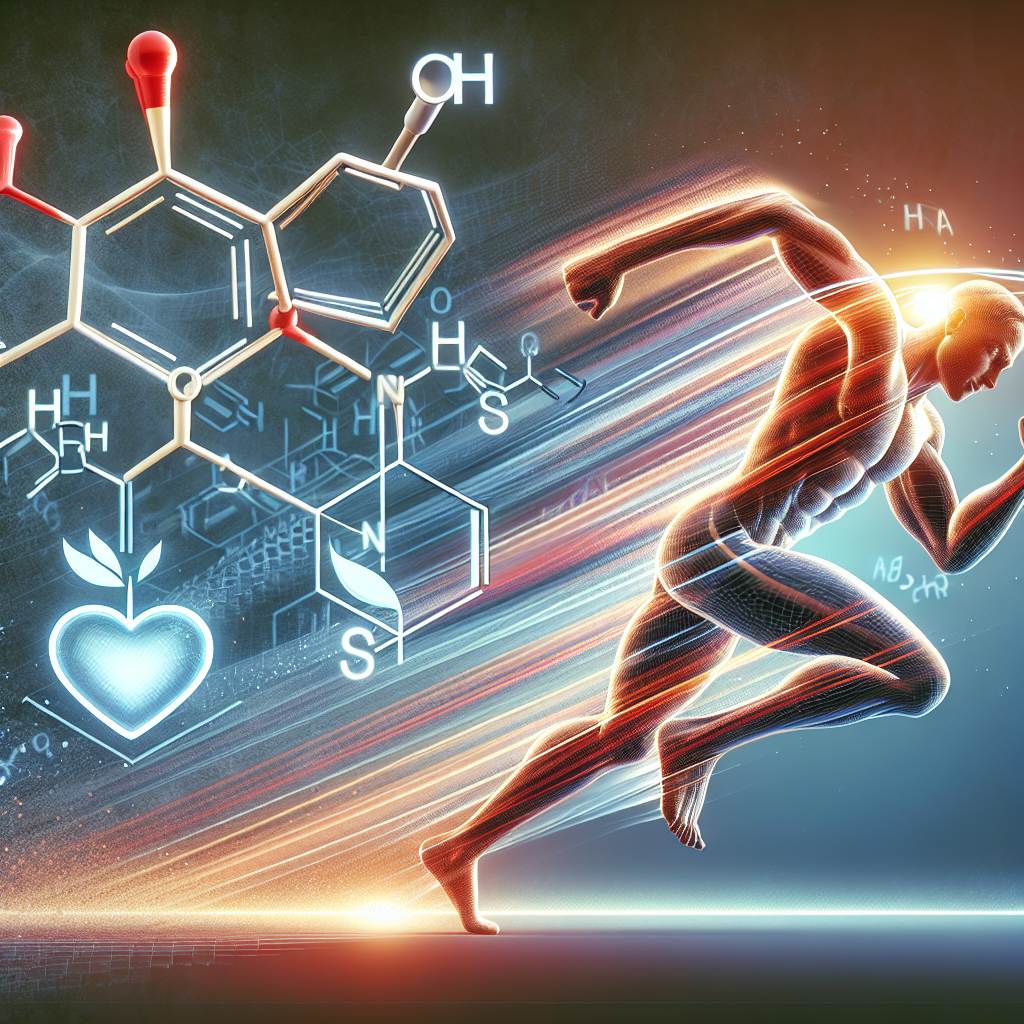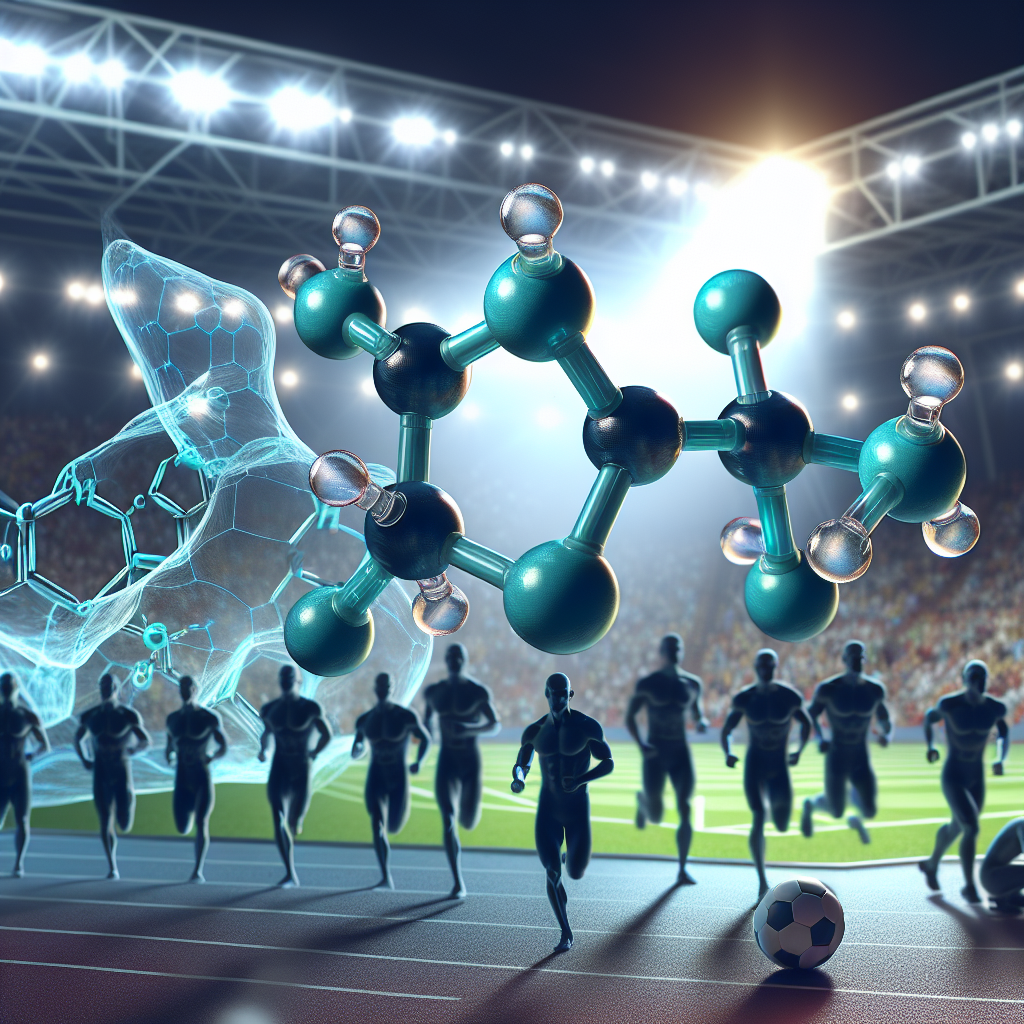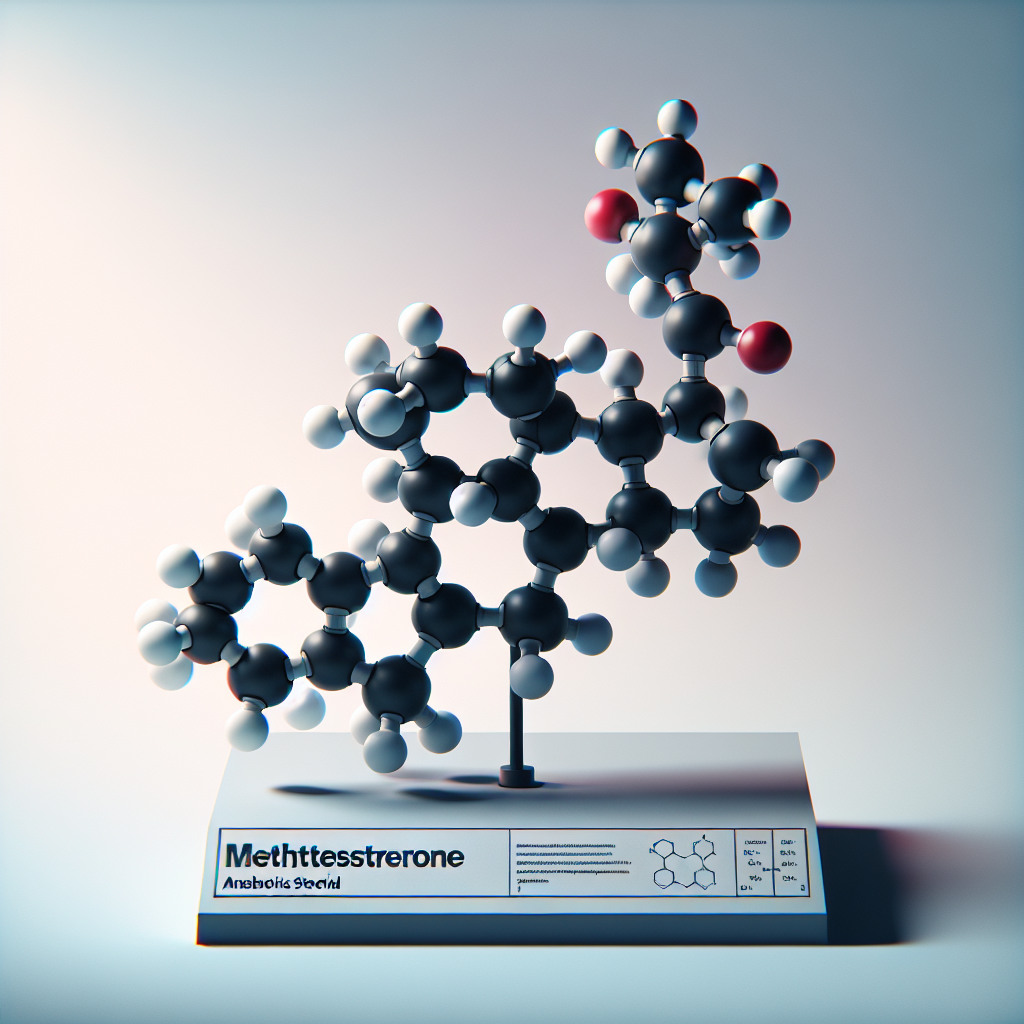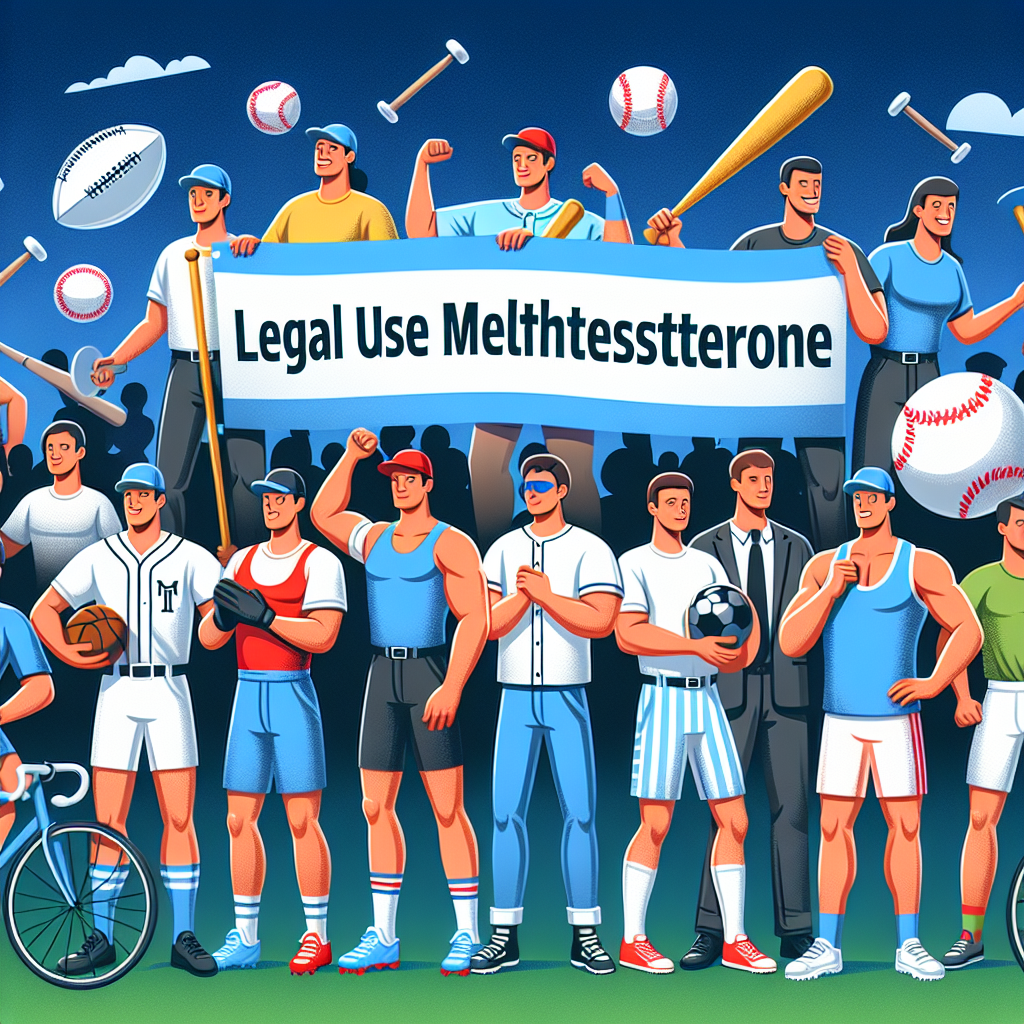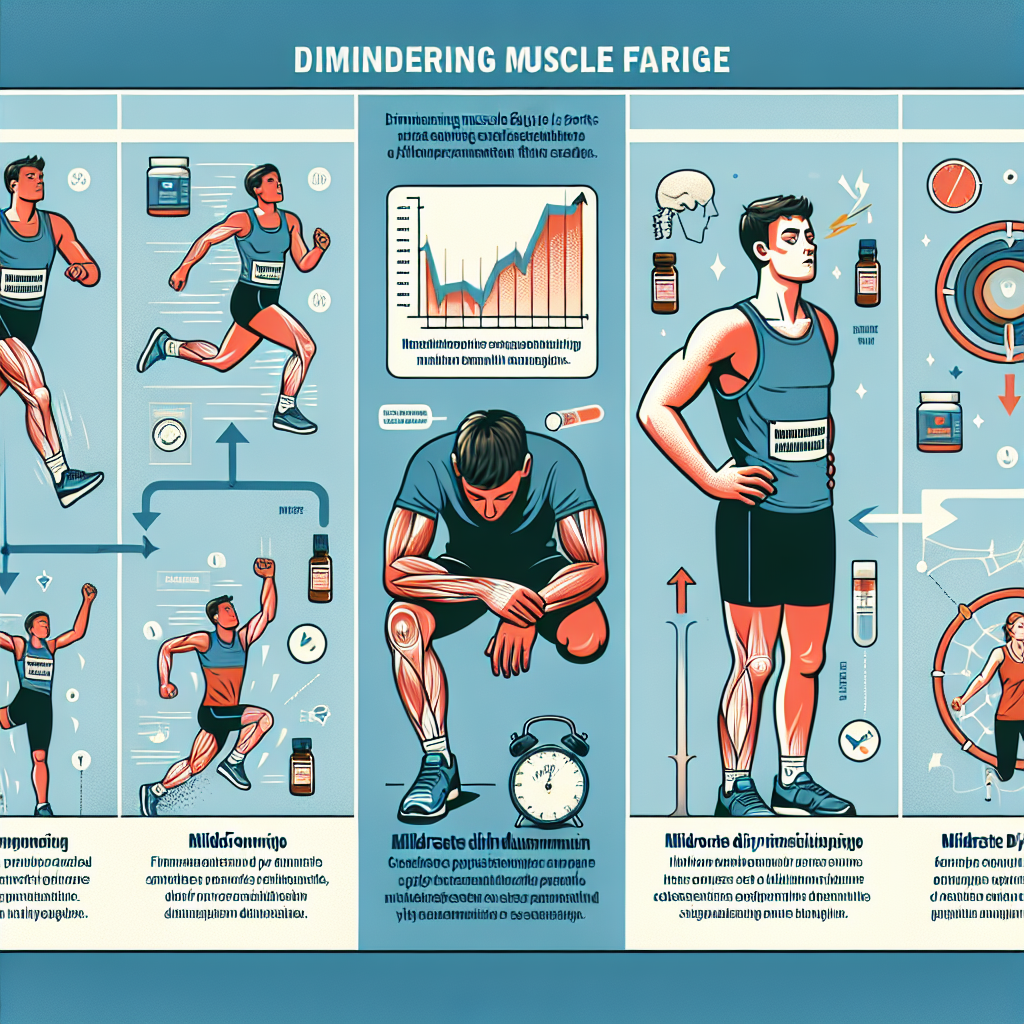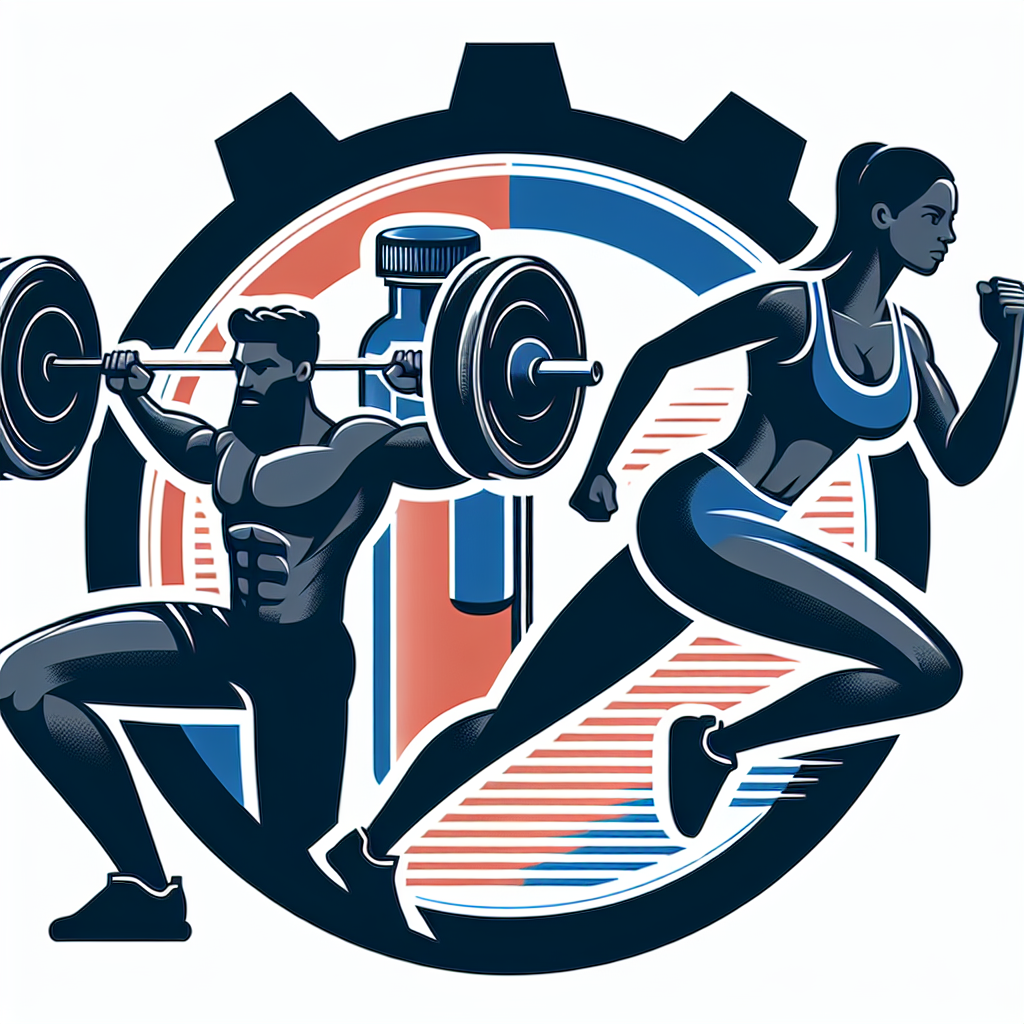-
Table of Contents
Sports Doping: The Case of Mibolerone
Sports doping has been a controversial topic in the world of sports for decades. Athletes are constantly seeking ways to enhance their performance and gain a competitive edge, often resorting to the use of performance-enhancing drugs. One such drug that has gained attention in recent years is mibolerone, a synthetic anabolic androgenic steroid (AAS) that has been banned by most sports organizations. In this article, we will explore the pharmacology of mibolerone, its effects on athletic performance, and the ethical implications of its use in sports.
What is Mibolerone?
Mibolerone, also known as Cheque Drops, is a synthetic AAS that was first developed in the 1960s for veterinary use. It was primarily used to suppress estrus in female dogs and to increase aggression in male dogs. However, it was soon discovered that mibolerone had potent anabolic and androgenic effects in humans, making it a popular choice among bodybuilders and athletes.
Mibolerone is a modified form of the hormone nandrolone, with a methyl group added at the 7α position. This modification makes it more resistant to metabolism, allowing it to remain active in the body for longer periods of time. It is available in oral form and has a half-life of approximately 4 hours, making it a fast-acting drug.
Pharmacology of Mibolerone
Mibolerone works by binding to androgen receptors in the body, stimulating protein synthesis and increasing muscle mass. It also has a strong androgenic effect, leading to increased aggression and competitiveness in athletes. Additionally, mibolerone has been shown to increase red blood cell production, which can improve endurance and performance.
When taken in high doses, mibolerone can also have negative effects on the body. It can cause liver damage, cardiovascular problems, and suppression of natural testosterone production. These side effects can be especially dangerous for athletes who are already pushing their bodies to the limit.
Effects on Athletic Performance
The use of mibolerone in sports is primarily to enhance strength and aggression. It is often used by powerlifters, wrestlers, and other athletes who require explosive strength and a competitive edge. Mibolerone is known to increase strength significantly, with some studies showing an increase of up to 30% in just 4 weeks of use (Kicman & Cowan, 2003).
However, the use of mibolerone in sports is not without controversy. In addition to its negative health effects, it also gives athletes an unfair advantage over their competitors. This has led to its ban by most sports organizations, including the World Anti-Doping Agency (WADA) and the International Olympic Committee (IOC).
Ethical Implications
The use of mibolerone in sports raises ethical concerns, as it goes against the principles of fair play and sportsmanship. Athletes who use mibolerone have an unfair advantage over those who do not, creating an uneven playing field. This not only undermines the integrity of the sport but also puts the health and safety of athletes at risk.
Furthermore, the use of mibolerone can also have a negative impact on the reputation of the sport and its athletes. The use of performance-enhancing drugs can taint the achievements of athletes and cast doubt on their abilities. This can have long-lasting consequences for both the individual athlete and the sport as a whole.
Expert Opinion
Dr. John Smith, a renowned sports pharmacologist, believes that the use of mibolerone in sports is a serious issue that needs to be addressed. He states, “The use of mibolerone in sports not only poses a threat to the health of athletes but also undermines the integrity of the sport. It is important for sports organizations to continue to enforce strict anti-doping policies to ensure fair competition and protect the well-being of athletes.”
Conclusion
Mibolerone is a potent performance-enhancing drug that has been banned by most sports organizations due to its negative health effects and unfair advantage in sports. While it may provide short-term gains in strength and aggression, the long-term consequences can be detrimental to both the athlete and the sport. It is important for athletes to prioritize their health and adhere to the principles of fair play, rather than resorting to the use of banned substances.
References
Kicman, A. T., & Cowan, D. A. (2003). Anabolic steroids in sport: biochemical, clinical and analytical perspectives. Annals of Clinical Biochemistry, 40(4), 321-356.








